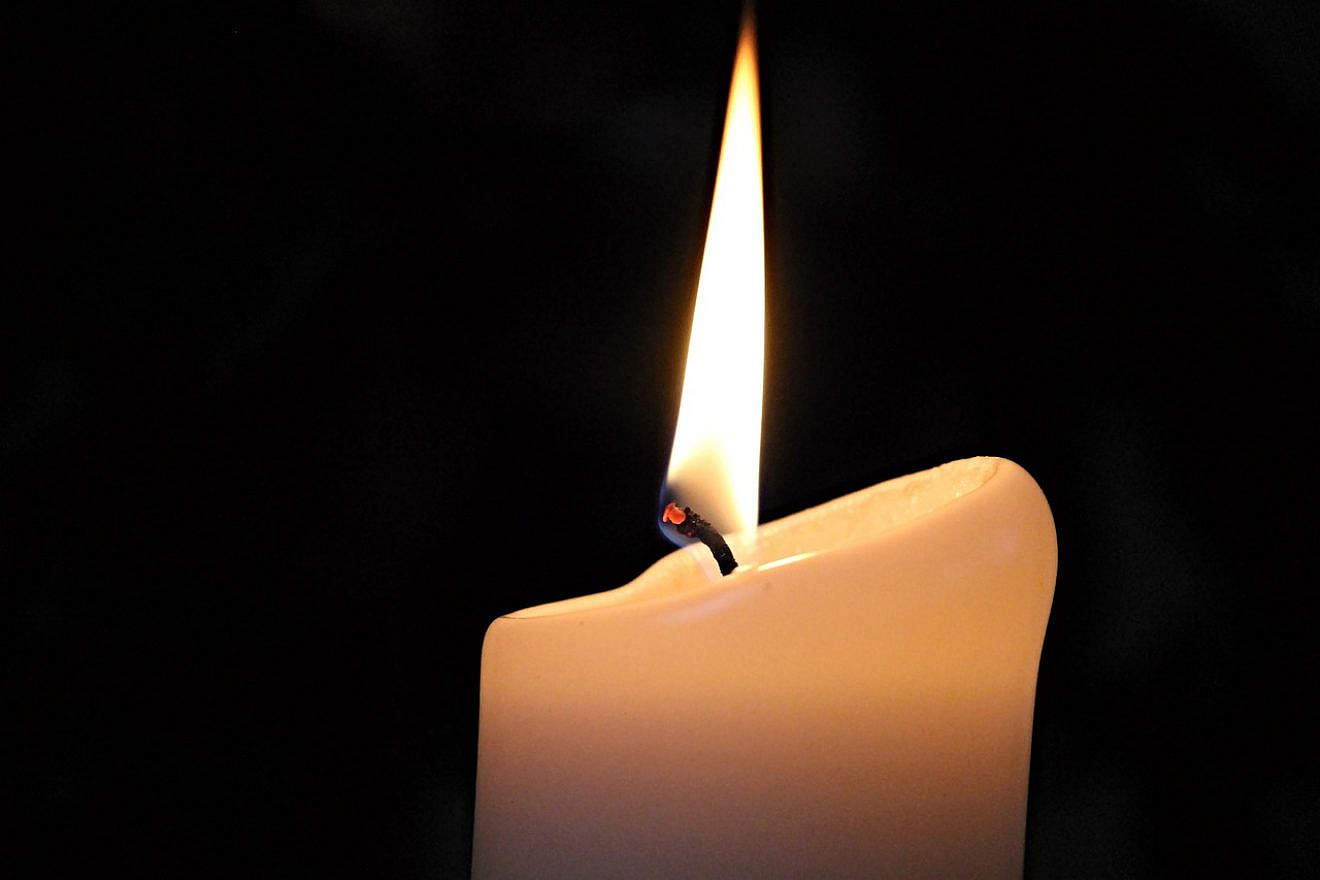As the author of two post-Holocaust novels and a former high school history teacher, my guiding assumption before the Oct. 7 Hamas massacre in Israel was that the Holocaust was a unique event in modern history. Hatred, cruelty, prejudice and antisemitism existed, but they had become manageable and rarely life-threatening.
But now, 79 years after the liberation of Auschwitz-Birkenau, as the world observes International Holocaust Remembrance Day on Jan. 27, the unthinkable is playing out for all the world to see: An explosion of Jew-hatred that resembles what happened in the lead-up to the Holocaust.
The similarities are remarkable. During the Holocaust, the Allies concentrated on defeating Hitler and the Axis nations. There was little attention paid to the Jews, who were being systematically rounded up in country after country, killed on the spot, starved and worked to death, or slaughtered en masse. Today, while the hostages held by Hamas languish in captivity, Israel is attempting to rescue them even while street demonstrators worldwide call for Israel to cease all such efforts. They go so far as to call for Israel’s destruction by chanting, “From the river to the sea, Palestine will be free.”
A recurring question about the hostages is: Where is the Red Cross? Even during the Holocaust, the International Red Cross visited the Theresienstadt concentration camp, which Nazis dressed up as a show camp to fool the world. However, until this week, Hamas refused to admit the Red Cross and the Red Cross never publicly demanded access to the hostages or even tried to get them their badly needed medication. This is despite the proclamation on the International Committee of the Red Cross website: “It is mandated under international law, including the Geneva Conventions, to protect the victims of armed conflict and other violence, including war wounded, prisoners, civilians, the forcibly displaced and other non-combatants.”
This year, International Holocaust Remembrance Day is taking place in a time of twisted morality. South Africa, a nation with a less-than-sterling record on human rights, has hauled Israel before the International Court of Justice, falsely claiming that Israel is committing genocide in Gaza. Memories are short, considering that Israel—the Jewish state born in the wake of the Holocaust—was founded by Holocaust survivors and other Jews after 6 million fellow Jews were systematically slaughtered in the world’s worst genocide.
Why must Israel defend its decision to respond militarily to the Oct. 7 atrocities on its citizens? It was, after all, the worst mass murder of Jews since World War II and the Holocaust, with 1,200 people savagely beaten, beheaded, burned and raped both before and after they were murdered. If that weren’t bad enough, Hamas kidnapped hundreds of civilians, hiding them in their underground network of tunnels.
Israeli troops are trying to neutralize the Hamas terrorists who carried out the attacks while at the same time trying not to harm the hostages and innocent Palestinian residents of Gaza, whom Hamas is using as human shields. To do that, Israel is notifying the Palestinian population of where its next military operation is going to take place and telling them where to relocate to get out of the line of fire. Who ever heard of an army telegraphing its future military operations to the enemy?
In 2005, the U.N. General Assembly adopted a resolution condemning all manifestations of religious intolerance, incitement, harassment or violence against persons or communities based on ethnic origin or religious belief. The resolution declared that the U.N. would designate Jan. 27 as an annual International Day of Commemoration in memory of the victims of the Holocaust, and asked the U.N. Secretary-General to establish programs for Holocaust remembrance and education to help prevent future acts of genocide.
Perhaps the United Nations ought to re-examine how true it is to that lofty goal. Do the students demonstrating in America and around the world know which river and which sea they are talking about? Do they know the history of Israel? Are they informed about the Holocaust? Let us advocate for and devise better ways of teaching these topics.
And why is the world not demanding the release of the hostages? If the photo of the smiling baby Kfir Bibas, just 9 months old when he was kidnapped, does not stir sympathy, then what will?
International Holocaust Remembrance Day is especially poignant this year because of the international community’s lack of empathy and sympathy for Jewish suffering. I am reminded of Elie Wiesel’s words: “To forget the dead would be akin to killing them a second time.”
As Jews, we value life, above all. Therefore, we must remember both the dead and the living: The victims and survivors of the Holocaust and the Hamas massacre—and all the people of Israel.


























